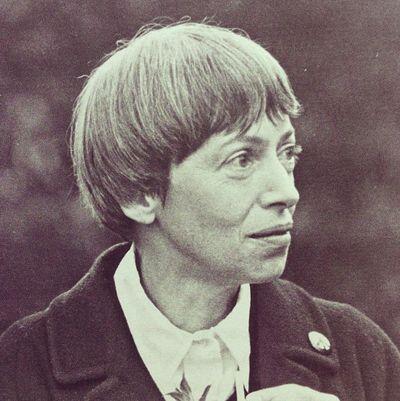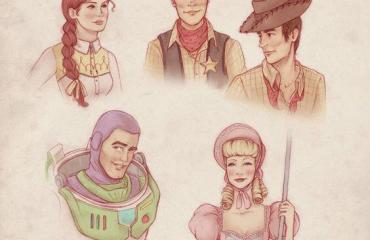
The visionary science fiction and fantasy writer, poet, and translator Ursula Le Guin passed away on January 22, 2018. Her extensive fan base among readers and writers, which continues to grow, has reason to mourn being denied the continued gifts of her creative imagination and perceptive intelligence.
An Innovator Who Moved Readers
Le Guin was a trendsetting female author who entered the mostly male-dominated genres of science fiction and fantasy. She added a new range and depth to the formerly masculine-oriented worlds of these genres. In the process, she broadened the appeal and the audience of science fiction and fantasy by discussing human and societal issues through her characters and their worlds.
Unsurprisingly, her work has been translated into 40 languages. An Indian fan, Arnab Chakraborty, expressed eloquently why she will be missed and how reading Ursula K Le Guin changed Chakraborty’s expectations of science-fiction (and dragons).
Chakraborty said as a young reader, “There was a lilt and rhythm to her words, a cadence to her sentences that made you choke with emotions you didn’t even know you had at 10.” This praise explains what writer Neil Gaiman meant when he said Le Guin’s words were “written on his soul.”
A Prolific Writer of Depth and Imagination
Le Guin wrote poetry books, children’s literature, science fiction and fantasy short stories and novels. She also delved into the nonfiction and realistic fiction genres. Among her English translations was the “Lao Tzu: Tao Te Ching,” her own rendition of this ancient classic that appears to have influenced her work. She also translated four other books.
A common feature of her work is the inclusion of thought-provoking themes that grab readers’ attention, make them think, and leave a memorable impression with them. Her characters combatted dragons and other enemies without resorting to macho methods. She introduced readers to a distinctive style which encouraged readers to question stereotypes and boosted the critical thinking capacities of readers of all ages.
The Prosaic Reason for Becoming a Science Fiction Writer
In an interview in 1989 she revealed that she began writing science fiction because it was a genre in which she knew she could sell. She is best known for her “Earthsea” and “The Left Hand of Darkness” series.
Le Guin’s fiction challenged readers of all ages to consider the moral issues her protagonists dealt with. This started with her young adult novel, “The Wizard of Earthsea,” where Ged the wizard has to fight his own creation, learn the hard way that one can create something bad, and take responsibility for that by ending its destructive capacity. Read Le Guin to experience writing with depth and beauty.



